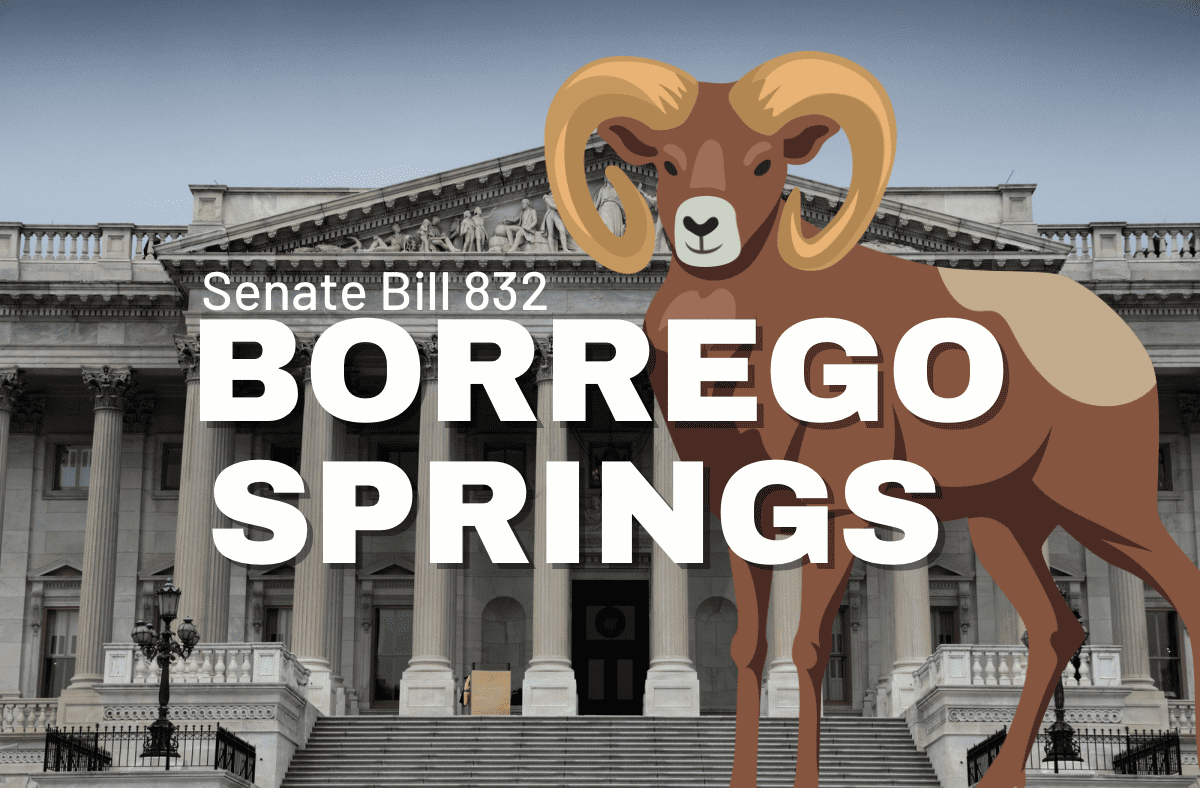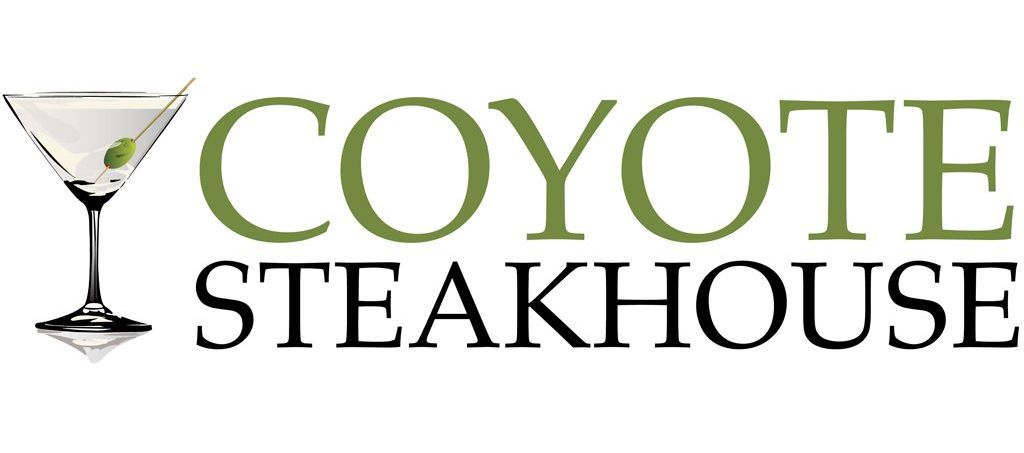
Let’s Keep Borrego Springs Safe
As a concerned citizen and a member of this community, I believe that prioritizing the safety and well-being of our residents is of utmost importance. Recently, I was heartened to learn that the Board of Supervisors unanimously passed a resolution to support Senate Bill 832 (SB 832), which focuses on addressing the placement of Sexually Violent Predators (SVPs) and putting public safety first.
Senator Brian Jones’ Commitment to Public Safety
We would like to express our gratitude to Senator Brian Jones for his leadership and commitment to authoring SB 832. This bill aims to increase transparency from the Department of State Hospitals and requires them to consider their properties and state prison properties for the placement of SVPs. Additionally, SB 832 would prohibit the placement of an SVP within 5 miles of federally recognized native land and take into consideration the potential negative impact on rural communities.
It is essential for local residents to remain vigilant and proactive in addressing this issue. By contacting local politicians, writing letters to the editors of local newspapers, participating in community meetings, and employing other methods, community members can ensure that their voices are heard and their concerns are addressed.
Understanding the Impact of SVPs on Communities
In many cases, communities such as Borrego Springs experience a reduced police presence, underscoring the need for alternative solutions to ensure the safety and well-being of residents from potential threats posed by SVPs. The insufficient law enforcement in these areas accentuates the importance of protective measures, such as those outlined in SB 832.
It is inequitable for any community, including Borrego Springs, to live in fear of SVPs—individuals convicted of violent sex crimes and diagnosed with conditions that make them likely to reoffend.
Regrettably, these predators are sometimes placed in unsuspecting communities like Borrego Springs, where limited access to medical care, social services, and victim resources is prevalent. This situation contributes to fear, anxiety, and a sense of insecurity among residents, further emphasizing the need to address the issue through policy change and community action.
The Need for Protective Legislation: A Personal Perspective
The recent decision to place SVP Douglas Badger in Borrego Springs underscores the pressing nature of this issue. As a concerned community member, I share the apprehension of Borrego Springs residents who now confront the reality of living near an individual diagnosed with schizoaffective disorder and Sexual Sadism Disorder, with convictions for multiple offenses, including child molestation and kidnapping.
As we deliberate on legislation concerning SVPs, we should reflect on whether we would want our children growing up in close proximity to someone like Douglas Badger. If the answer is no, we must not impose this burden on our fellow community members. Prioritizing public safety and safeguarding our communities from dangerous individuals is crucial. By setting an example that resonates across the nation, we can inspire change and promote the well-being of all communities.
United for a Safer Future
In conclusion, as someone who deeply cares about the safety and well-being of my community and others, I firmly believe that protecting tribal lands and rural communities from SVPs is vital. SB 832 offers a much-needed solution to this pressing issue, and I wholeheartedly support it.
Collectively, we have the power to build a more secure and protected future for us and those dear to us. We appreciate Brian Jones’ focus on Borrego Springs, a picturesque and historic part of San Diego County, our goal is to maintain an environment where residents feel at ease, visitors are welcomed, and our children can thrive in safety.

Understanding the Legislative Process: How New Bills Move Through the Senate
To better understand the importance of Senate Bill 832, it is helpful to have an overview of how new bills move through the legislative process in the United States Senate.
The Initial Stage: Bill Introduction and Committee Referral
A bill is introduced to the Senate when a Senator proposes it and assigns a unique identification number (e.g., S.123). The bill is then referred to the appropriate Senate committee or committees for further review and discussion.
Committee Review: Hearings, Testimonies, and Amendments
During the committee stage, the bill may be subject to hearings, expert testimonies, and amendments. If the committee approves the bill, it will be reported back to the Senate floor for further debate and potential amendments.
Senate and House Consideration: Voting and Reconciliation
Once the Senate has finished debating and amending the bill, they will vote on it. If the bill passes in the Senate, it will be sent to the House of Representatives for consideration, and vice versa. The House and Senate must agree on an identical version of the bill before it can be sent to the President for their signature or veto.
Presidential Action: Signing, Veto, and Congressional Override
If the President signs the bill or takes no action within ten days, the bill becomes law. If the President vetoes the bill, it can still become law if both chambers of Congress override the veto with a two-thirds majority vote.
By understanding the legislative process, we can appreciate the significance of Senate Bill 832 and the steps it must undergo to become law. This knowledge underscores the importance of advocating for the bill and ensuring it progresses through each stage of the process.









